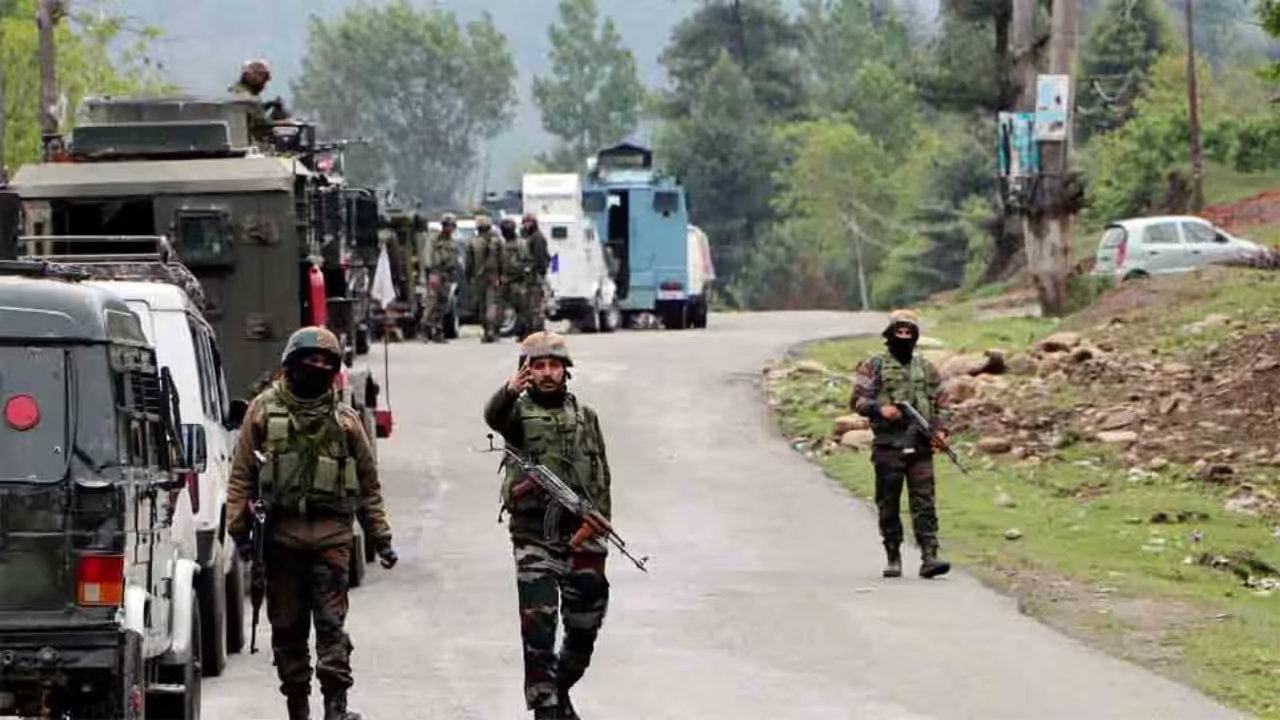“At the conclusion of Day 10 of the #ClimateFast, a poignant question arises: Does India solely heed the language of force? Ladakh, through the efforts of Sonam Wangchuk, stands poised to challenge this notion.”
AN Intro of Sonam Wangchuk
Meet Sonam Wangchuk: Engineer, Innovator, and Education Reformer
Sonam Wangchuk, born on September 1, 1966, is more than just an Indian engineer; he’s an innovative force reshaping education and sustainable living in Ladakh and beyond. Best known as the founding director of the Students’ Educational and Cultural Movement of Ladakh (SECMOL), Wangchuk’s journey is a testament to resilience and creativity.
Raised in the Leh district of Ladakh, Wangchuk’s early years were marked by a lack of formal education opportunities. It wasn’t until the age of nine that he entered school in Srinagar, where he encountered language barriers and discrimination. Determined to overcome these challenges, he eventually found his way to Delhi, advocating for his education.
Wangchuk’s educational journey led him to obtain a B.Tech. in Mechanical Engineering from the National Institute of Technology Srinagar, despite familial disagreements over his chosen path. Further studies in Earthen Architecture at Craterre School of Architecture, France, broadened his perspective and fueled his passion for sustainable practices.
In 1988, Wangchuk co-founded SECMOL with a vision to revolutionize education in Ladakh. Through initiatives like Operation New Hope, he spearheaded collaborative efforts to reform the government school system. His innovative spirit also gave rise to the Ice Stupa technique, a groundbreaking method of creating artificial glaciers to address water scarcity in Ladakh’s arid landscape.
Beyond education, Wangchuk’s influence extends to sustainable architecture and disaster mitigation. He champions passive solar mud buildings, blending traditional techniques with modern principles to create energy-efficient structures. SECMOL’s campus stands as a testament to this approach, earning international recognition for its design and sustainability.
Wangchuk’s Ice Stupa project, initially conceived to aid farmers during planting season, has evolved into a multifaceted solution for glacier lake threats. From Ladakh to the Swiss Alps, his pioneering work has garnered global attention and acclaim.
Yet, Wangchuk’s impact transcends innovation; he’s also a vocal advocate for social and environmental causes. His involvement in the New Ladakh Movement underscores his commitment to sustainable development and local empowerment.
In popular culture, Wangchuk’s story inspired the character Phunsukh Wangdu in the film “3 Idiots.” While he’s often associated with this fictional counterpart, Wangchuk’s real-life achievements speak volumes beyond the silver screen.
As an advocate for Ladakh’s autonomy and environmental protection, Wangchuk continues to challenge the status quo, even in the face of adversity. His recent call to boycott Chinese products amidst border tensions underscores his dedication to national interests and ethical consumerism.
Sonam Wangchuk’s journey embodies the spirit of innovation, resilience, and social responsibility. Through his tireless efforts, he’s not only transforming education and sustainability in Ladakh but also inspiring change on a global scale.

